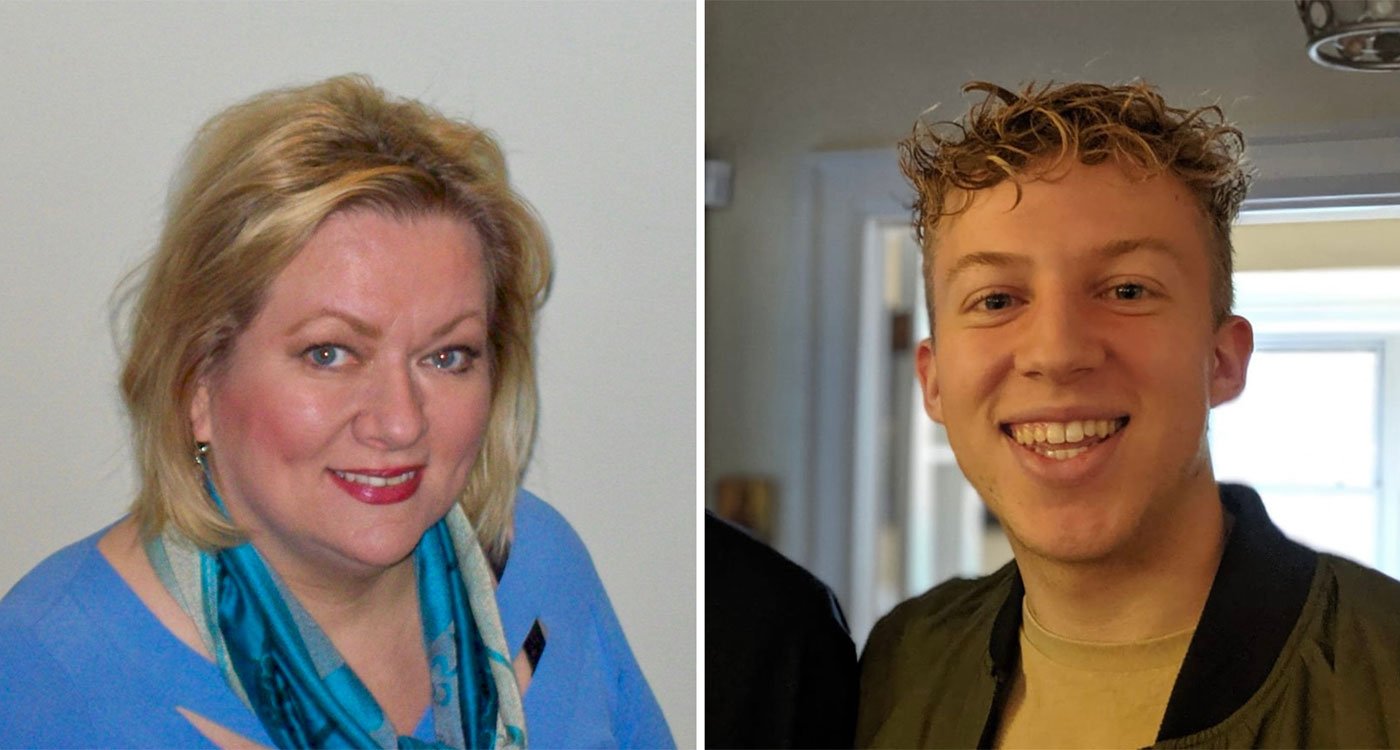
Qigong is a type of mindfulness exercise developed thousands of years ago as a part of traditional Chinese medicine. It involves using exercises to optimize energy within the body, mind and spirit, with the goal of improving and maintaining health and well-being.
A few years ago, Valerie Alexander, a Recreation Therapist at Osler, was inspired to incorporate Qigong into her recreation therapy programming in Brampton Civic’s inpatient mental health program. She saw firsthand the incredible impact on patients’ mood and wellbeing. This past spring, she teamed up with Matias Arko, a student currently studying Psychology at Toronto Metropolitan University, to research and study the impact of Qigong, through Osler’s Summer Student Research Program.
How did you hear about Qigong and why did you decide to implement it into your programming?
Valerie: When our programming adapted a cognitive behaviour therapy (CBT)-focus a few years ago, I introduced Qigong, having a positive experience with practicing it myself. It helps with distress intolerance and coping skills; which is what I aim to address in all of my recreation therapy programs. As soon as I started running the session I had really positive responses from my patients. Most of them were very focused, and stayed throughout the entire session which didn’t always happen with other programming. I knew we had something special.
Tell us about the inspiration behind the study.
V: There is some research currently on Qigong and its impact on mental health. Seeing the positive impact it had on my patients, I thought this was a good opportunity to learn more, and I decided to apply for a research student.
Matias: I was fortunate to be placed with Valerie on this study as part of Osler’s Summer Student Research Program. Being a psychology major, I knew wanted to do something psych-related. I did some research of my own on Qigong and alternative forms of therapy, like meditation, and it was interesting to learn about mindfulness’ place in health care and we began to put the study together.
And what did you find as a result?
V: What we know is that before the study, patients’ mood was fairly low and after the session, their mood significantly improved. I’ve had patients come up to me after the sessions and tell me that they feel at peace after practicing Qigong and that their minds feel clearer and calmer.
M: A few previous studies have suggested that Qigong has shown to alleviate symptoms of depression, anxiety, similar to CBT. Our study looked at the immediate quantitative effects. When we started the study we were working with 14 patients, and we’ve just finished with 34. The results of the study suggests that patients experienced significantly lower total mood disturbance (TMD) scores, immediately after the Qigong session. The TMD score measures mood distress, with higher scores indicating increased mood disturbance.
Matias, tell us about your overall experience with the Summer Student Research Program.
M: There was a lot of support from the very beginning and I’m so happy with the project itself. I worked under the guidance of Dr. Marticorena with a number of other students working on their projects with their subsequent leaders - other therapists and doctors. Everyone on the unit was great to work with and I’m really glad I was paired with Valerie. The research is really interesting, as someone who’s looking to go into clinical psychology, having the opportunity to interact with patients was an incredible opportunity for me.
And Valerie, tell us about the general impact recreation therapy can have on mental health patients?
V: Recreation therapy spans across the cognitive, emotional, physical, social, and spiritual domains. Qigong would fall under the physical and emotional domains. There are all kinds of benefits for recreation therapy, like increased socialization. During the session participants are able to engage at whatever level they can and are able to socialize with one another. I’m aim to provide a therapeutic environment for all my patients.

